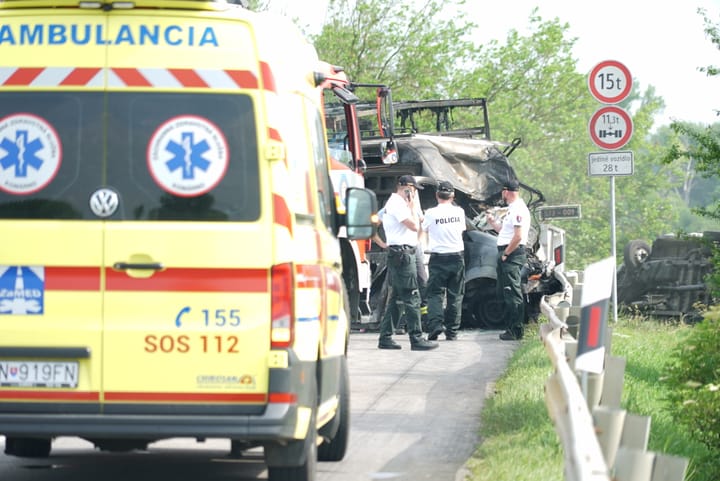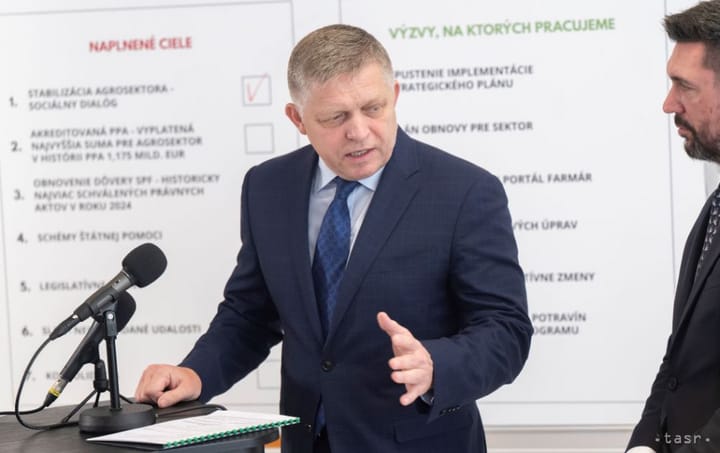Study: Half of Unvaccinated against COVID-19 Don't Have Antibodies

Bratislava, December 21 (TASR) – More than half of the people who have not been vaccinated against coronavirus are not protected by antibodies, according to a study carried out among 4,000 people in several localities in Slovakia, epidemiologist Alexandra Brazinova told a news conference held jointly on Tuesday with representatives of the institutions that participated in the study.
Half of the people who did have antibodies had only a very low level of them. “The level of antibodies fluctuated at around 50 percent at the time when individual districts were experiencing the peaks of the Delta wave. This means that this wave reached only about half of the population that has not been vaccinated,” explained mathematician Richard Kollar. Meanwhile, he noted that decreases in antibodies occur relatively quickly and that low antibody levels may not be sufficient in the case of the omicron variant.
The scientists collected samples in November and December from people aged 12 years and over in the cities of Bratislava and Kosice and in districts of Cadca (Zilina region), Povazska Bystrica (Trencin region), Komarno (Nitra region), Kezmarok (Presov region) and Lucenec (Banska Bystrica region). Participation in the study was voluntary. Antibodies were assessed from drops of blood. People with a value of above 1.1 have a positive presence of antibodies, while those with over 3.5 have a high level. Data on recovering from COVID-19 were collected as well.
According to Health Analyses Institute (IZA) director Matej Misik, a medium or high level of antibodies was mainly observed (44 percent) among people who have recovered from COVID-19 after displaying symptoms. “There’s a huge number of people who haven’t gained protection against COVID-19 either from a vaccine, or after recovering from COVID-19,” he said. One third of non-symptomatic patients had no antibodies.
The study was carried out under the auspices of the Health Ministry. Samples were collected by the Bratislava-based Comenius University’s Medical Faculty and the Kosice-based Pavol Jozef Safarik’s Medical Faculty. They were tested by the Biomedical Centre of the Slovak Academy of Sciences, while the data analysis was carried out by Comenius University’s Faculty of Mathematics, Physics and Informatics and IZA.



